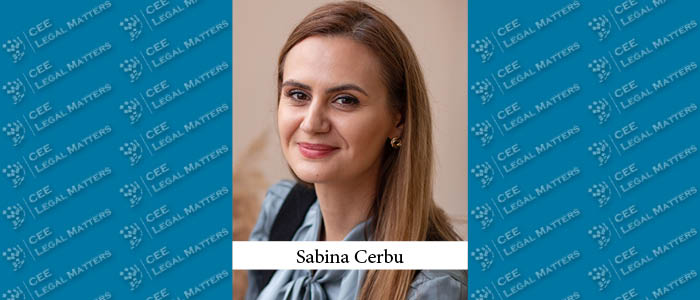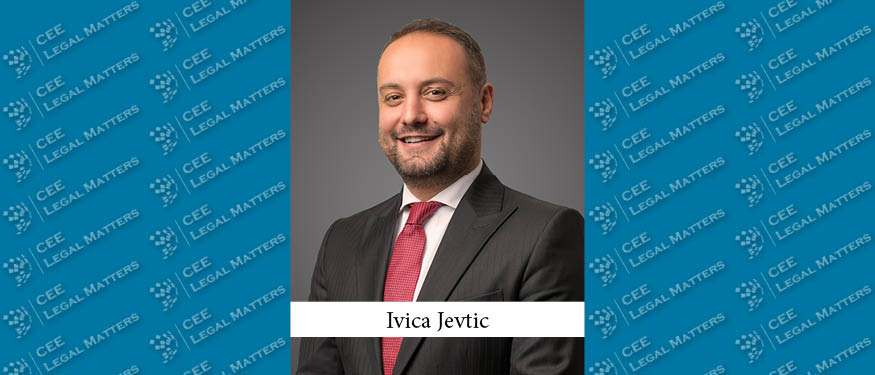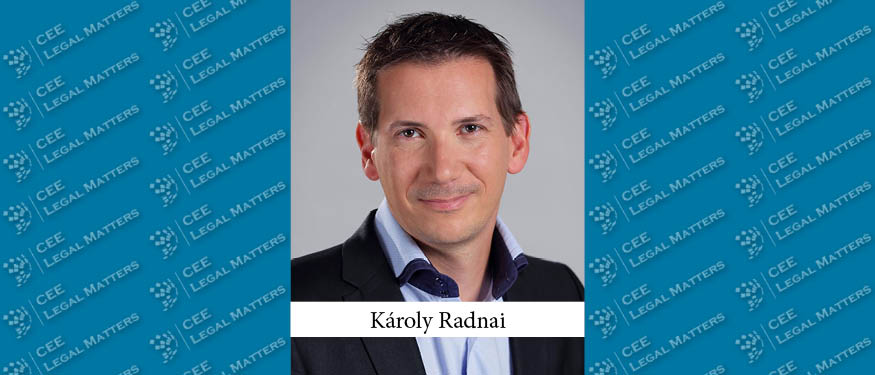Moldova's legislative landscape is undergoing a period of significant transformation driven by the government's efforts to align with EU acquis, with key developments including amendments to limited liability company laws, the introduction of contactless business legislation, data protection changes, and comprehensive judicial reforms, according to Stratulat Albulescu Partner Sabina Cerbu.
“Moldova's legislative process has been intense, as of late, with the government making concerted efforts to align its regulations with EU standards,” Cerbu begins. “The recent regional conflicts have heightened the urgency to make our market appealing to investors. To that end, we are implementing measures to streamline business processes, encouraging digital and contactless business operations,” she explains.
One of the significant legislative changes Cerbu mentions relates to limited liability companies and could change the way these do business in a major fashion. “The amendments to the LLC law, set to take effect in 2024, introduce several key changes. First and foremost, they grant greater flexibility in profit distribution among founders, a welcomed development for the business community,” she stresses. “Minority shareholders, those with less than 50% ownership, can now withdraw without the consent of other associates, while the new law allows for disproportionate distribution, which would facilitate attracting investments without giving up voting rights.” Additionally, Cerbu points out that, for the first time, the Moldovan legislative landscape “now regulates shareholders' agreements, providing more freedom to founders in managing their businesses. The introduction of 'phantom stock agreements' is also notable, providing innovative tools to incentivize loyal employees.”
Moreover, Cerbu reports that a new “contactless business” legislation, enacted in the summer, “primarily addresses KYC procedures. There have been substantial discussions, particularly concerning its implementation in the banking sector, to ensure customer access to this instrument,” she reports. Also this summer, Cerbu says they had the chance to witness how the recent changes related to “data protection and the transfer of personal data abroad” are enforced in practice. “These changes have simplified the procedure for data transfer, aligning with international standards. However, awareness of these changes remains a challenge, and there is a need for education and compliance efforts,” she explains.
All of these changes, according to Cerbu, play alongside the wider idea of comprehensive judicial reform in the country. This “judicial reform package encompasses civil and criminal proceedings, aligning Moldova with EU standards and anti-corruption policies. Compliance with these reforms is essential as Moldova works toward EU accession.”
Finally, Cerbu reports that the renewable energy market is a hot topic in Moldova. “Investors are eager to understand the conditions and facilities offered by the government, as well as the regulatory framework governing this sector. The legal landscape is evolving, and it's an exciting time for those looking to invest in renewable energy in Moldova,” she concludes.















